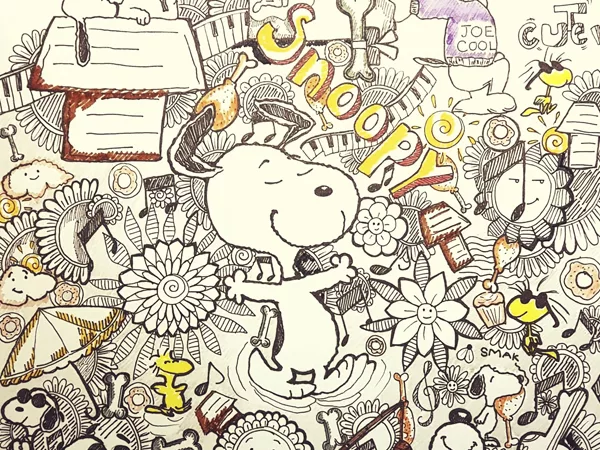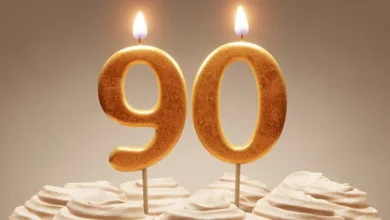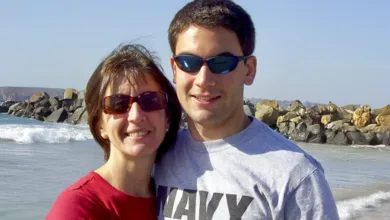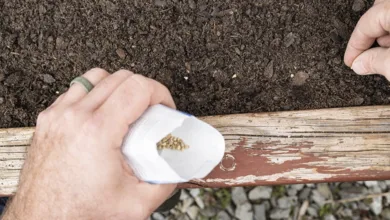The Early Bird Special

I’ve seen many productions of the 1967 musical You’re a Good Man, Charlie Brown. The cast always energizes the first scene with the title song and ends the musical with “Happiness,” the sweet nostalgic take on childhood.
Lucy, Linus, Sally, Schroeder, and Charlie all have their big numbers under the spotlight, but Snoopy’s “Suppertime” — the song and ragtime dance — is the laughable bit that makes me hungry for more.
It’s suppertime
Yeah, it’s suppertime
Oh, it’s sup-sup-suppertime
Very best time of day
I thought of these words with my close travel buddies, Larry and Leslie, during what has become our traditional Friday night meal before streaming a movie. We usually enjoy a happy hour when prices are cheaper — so long as one gets to the restaurant early enough to snag a seat.
We laugh at how boring our weekly routine has become, but I have a nagging question: Isn’t going out with friends for the early plate special so they could get home early what my parents did when they became older?
Just like the blue plate special, today’s happy hours begin early and end early with the sun still shining. If suppertime is the best time of the day, do I factor in too much price, convenience, and opportunity in not making it truly so? Could I still do Snoopy’s song and dance with theatrical fervor and a reservation at 8:30 PM? Can you?
When we eat supper (or dinner) actually does say something about us in this technological age. We use the terms “dinner” and “supper” interchangeably, but that was not always the case. During the Middle Ages, English nobles ate dinner around noon, often an ostentatious display of wealth and power that could last hours. Tradesmen, merchants, and peasants also ate their big meal shortly after noon, but did not tarry: They still had work to do. Supper became a light repast (maybe cold leftovers from dinner) around sundown.
Fast forward many centuries and throw in some colonialism, capitalism, an Industrial Revolution, and evolving social strata to change eating times and nomenclature.
Colonial America replicated many English customs, with “dinner” and “supper” maintaining a certain distinction into the 20th century, although modern illumination provided more wiggle room for suppertime.
Emily Post weighed in about the etiquette of supper versus dinner first in 1922, but by 1960 her Etiquette Institute sang a different tune and standardized the times of lunch at midday, dinner in the evening, and an optional supper thrown in for late night balls.
But what etiquette should we follow today?
Old rituals, class, and age determinations, once followed with iron-clad discipline, mean nothing in a very fluid and changing world. Dinner or supper? Blue plate special, happy hour, or dinner at 8?
Who cares?
In the musical, Charlie Brown knows the true answer: Happiness is love of life’s ordinary experiences — best served up with friends.
As Snoopy would sing, “Bring on the soup dish, bring on the cup, bring on the bacon and fill me up, cause it’s supper, supper, supper, suppertime.”





